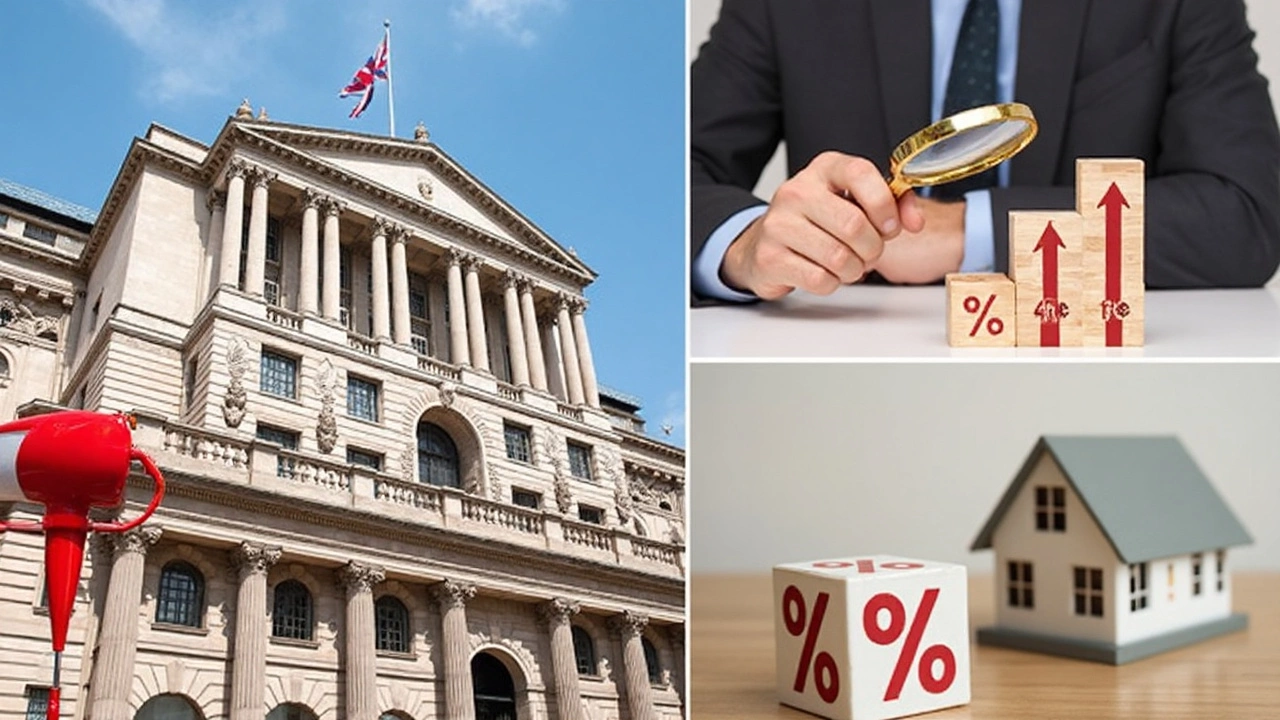Inflation: What It Is and Why It Matters
Ever wonder why your grocery bill feels heavier every month? That’s inflation at work. In simple terms, inflation is the steady rise in the price of goods and services over time. When prices go up, each pound you spend buys a bit less than before. It’s a normal part of most economies, but the speed and size of the change can hit your daily budget hard.
Inflation shows up in the headlines, but you’ll feel it in the kitchen, the petrol station, and even the rent you pay. Understanding what drives it and how it affects you can help you make smarter choices with your money.
What Drives Inflation?
The biggest reason behind price hikes is demand beating supply. If more people want something than there are items available, sellers raise prices. Think of a new phone launch – everyone wants it, the stock is limited, and the price climbs.
Another key factor is the cost of producing goods. When raw materials, energy, or wages become more expensive, manufacturers pass those costs onto shoppers. A rise in oil prices, for example, can push up the price of everything that relies on transportation.
Governments also play a role. When a country prints more money to fund projects or cover deficits, the extra cash can dilute the value of the currency, leading to higher prices. Central banks try to keep this in check by adjusting interest rates – higher rates usually slow spending and help bring inflation down.
Lastly, global events can jolt prices. Natural disasters, geopolitical tensions, or pandemics can disrupt supply chains, creating shortages that drive up costs. The recent disruptions in shipping containers are a clear example of how a far‑away issue can affect the price of a simple T‑shirt.
How to Protect Your Wallet
Knowing why prices rise is only half the battle. The other half is protecting what you earn. Start by tracking your biggest expenses – housing, food, transport – and look for ways to cut back. Switching to a cheaper grocery store, cooking more at home, or using public transport can shave off a noticeable chunk of your monthly spend.
Build a small emergency fund. When inflation spikes, you’ll have a cushion to avoid high‑interest credit cards or payday loans that can make the problem worse. Even a few hundred pounds saved in a readily accessible account can make a difference.
Consider long‑term investments that tend to outpace inflation, such as stocks, real estate, or inflation‑linked bonds. These assets can grow in value faster than everyday prices, helping preserve your purchasing power over time.
Lastly, stay informed. Follow reliable news sources for updates on inflation trends and central bank decisions. When you know what’s coming, you can plan purchases, negotiate wages, or adjust financial goals before the pressure hits.
Inflation is a fact of life, but it doesn’t have to control yours. By understanding the forces behind price rises and taking practical steps to guard your money, you can keep your budget on track even when costs climb.

Despite big-name analysts predicting rate cuts, a majority of UK mortgage brokers now expect Bank of England interest rates to climb higher by early 2026. Most brokers cite stubborn inflation and economic uncertainty as major reasons for their concerns, signaling a stark divide in industry forecasts and urging lenders to remain flexible.
Continue Reading





